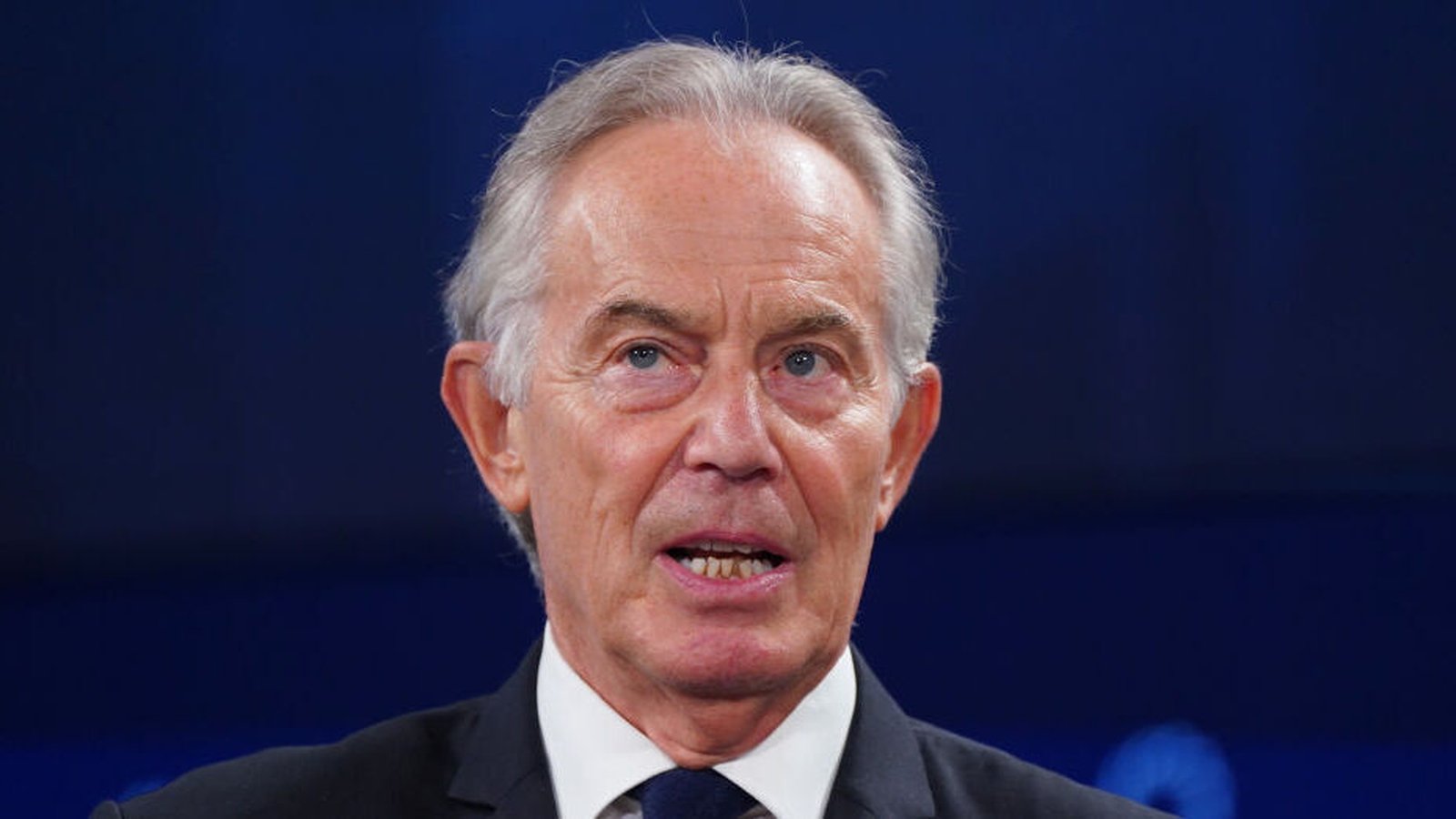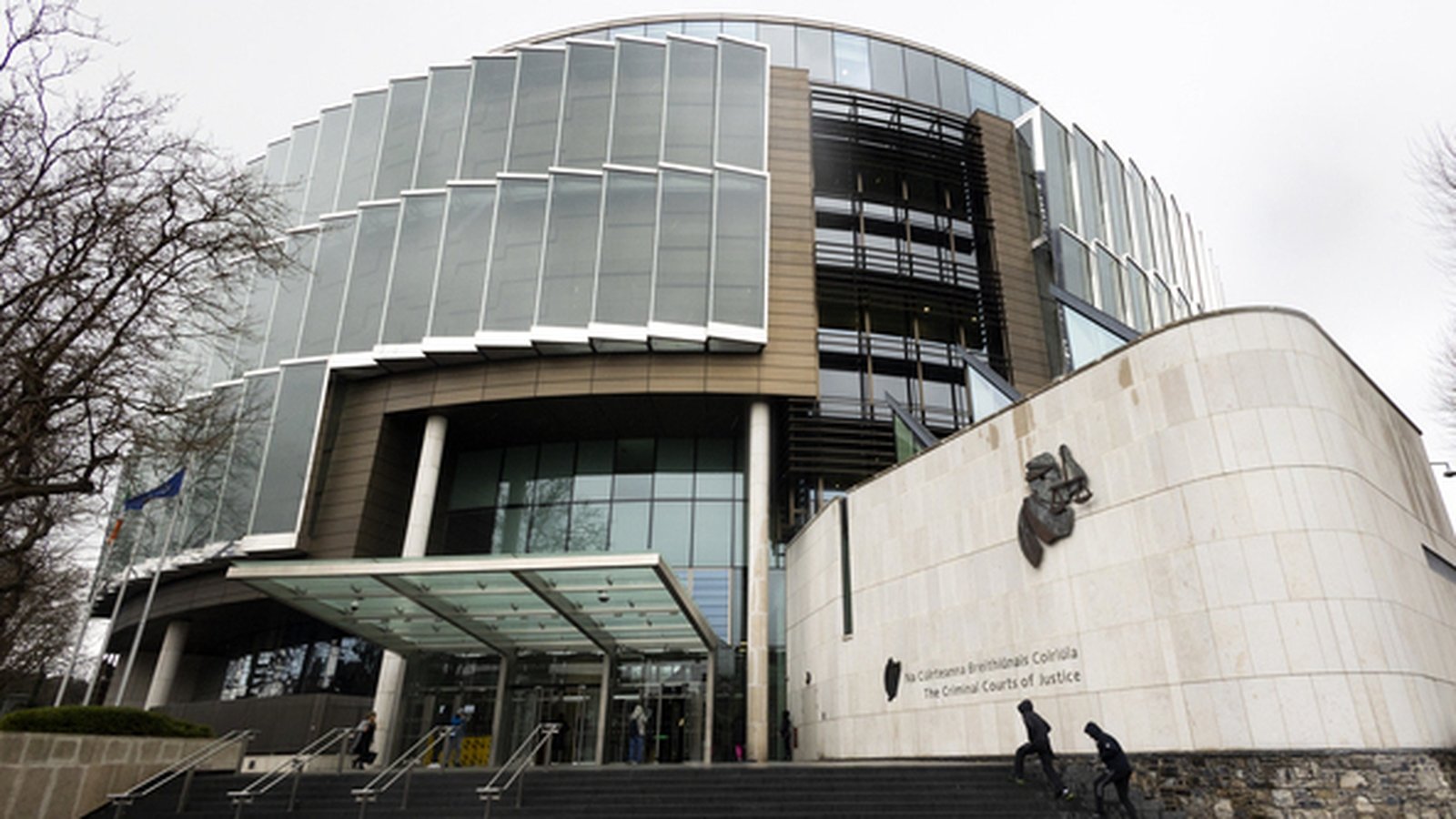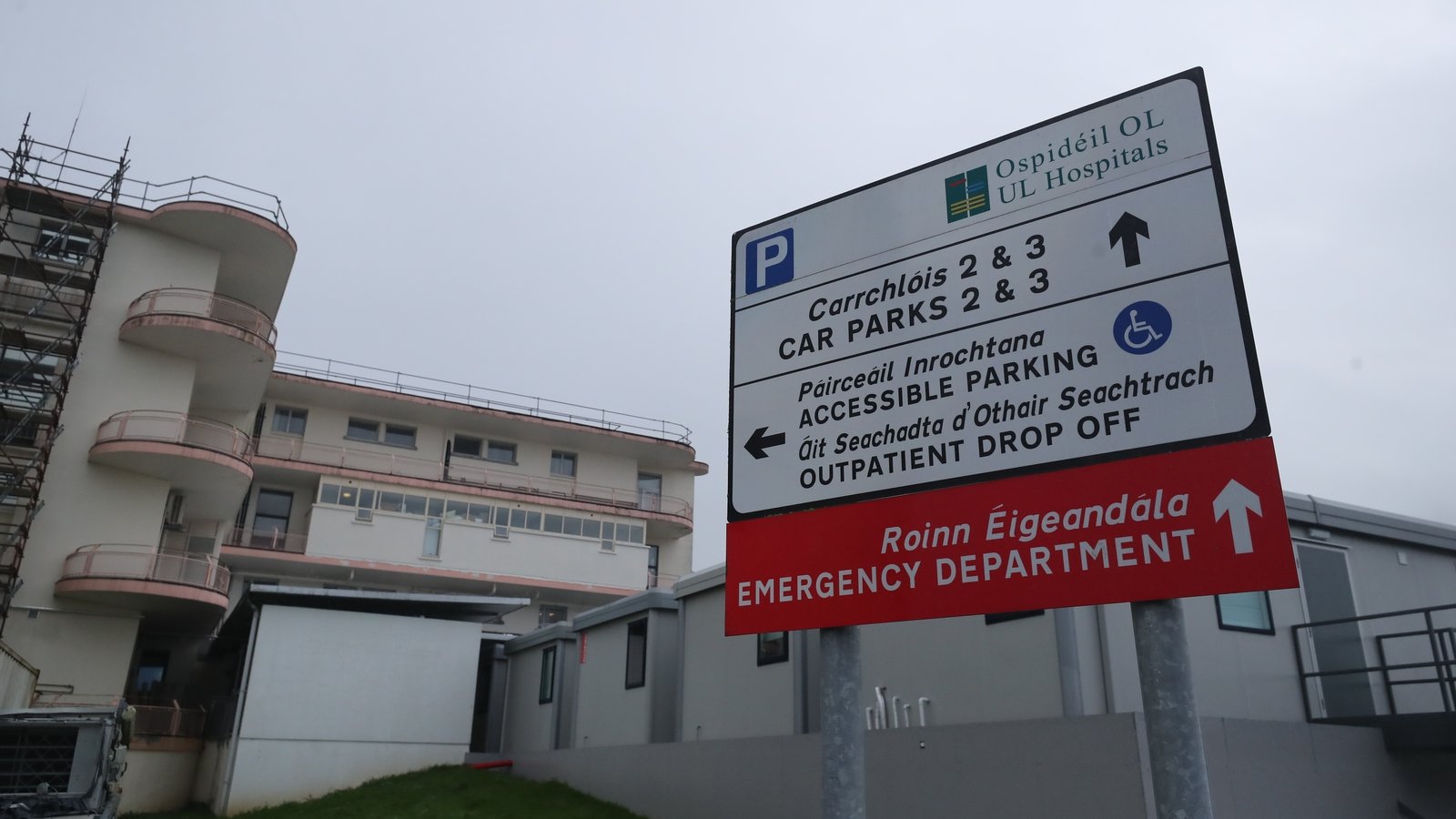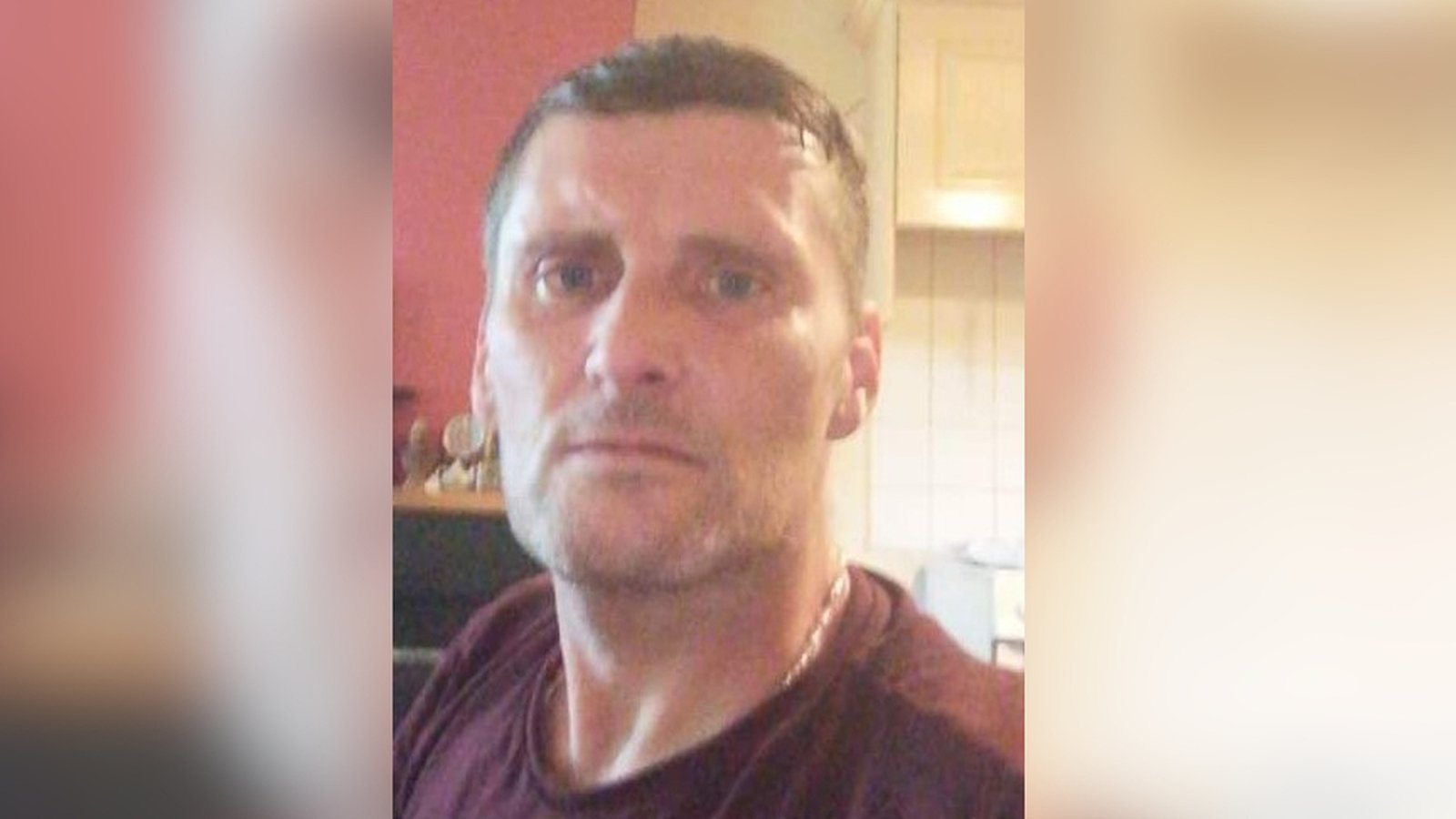EU kicks off membership talks with Ukraine and Moldova
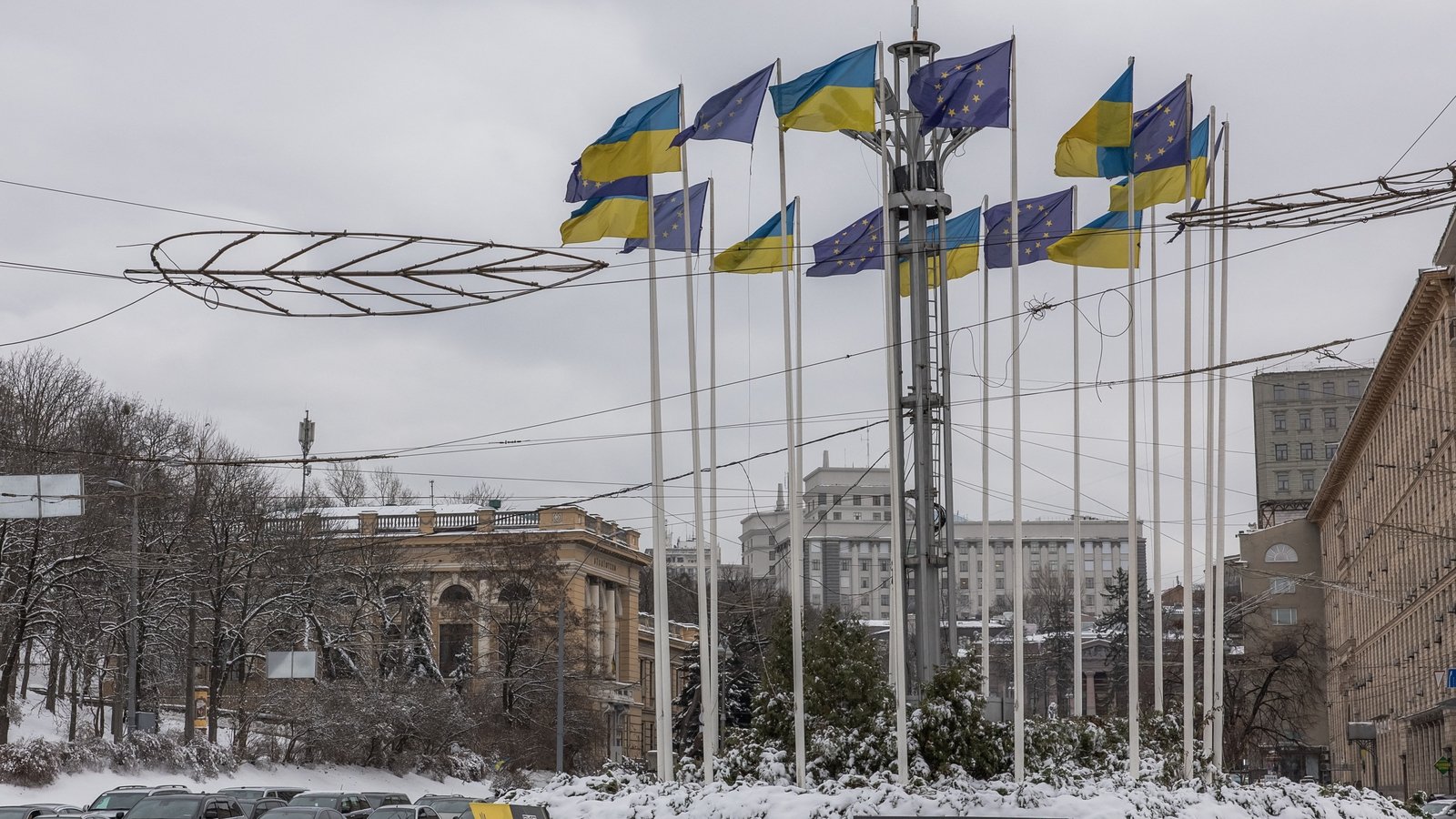
The European Union is formally launching accession negotiations with Ukraine and Moldova, setting the fragile former Soviet states off on a long path towards membership that Russia has tried to block.
The landmark move is aimed in particular at sending a vote of confidence in Ukraine’s future as Russia has momentum on the battlefield almost two-and-a-half years into the Kremlin’s invasion.
“These are truly historic moments. Ukraine is and will always be part of a united Europe,” Ukraine’s President Volodymyr Zelensky said when the EU’s 27 countries last week signed off on starting the talks.
“Millions of Ukrainians, and indeed generations of our people, are realising their European dream.”
Ukraine – followed by its neighbour Moldova – lodged their bids to join the EU in the immediate aftermath of Russia’s all-out assault in February 2022.
The start of the talks in Luxembourg still only marks the beginning of a protracted process of reforms strewn with political obstacles that will likely take many years – and may never lead to membership.
Standing in the way along that journey will be not just Russia’s efforts at destabilisation but reticence from doubters inside the EU, most notably Hungary.
So far, however, Ukraine – represented at the talks by Deputy Prime Minister Olga Stefanishyna – has won plaudits for kickstarting a raft of reforms on curbing graft and political interference, even as war rages.
“It’s a great credit to the Ukrainian government that they’ve made such progress so fast in the time of war towards accession,” Tánaiste Micheál Martin said yesterday.
“And I think it reflects a level of competence and genuine commitment on behalf of the Ukrainian government to joining the European Union.”
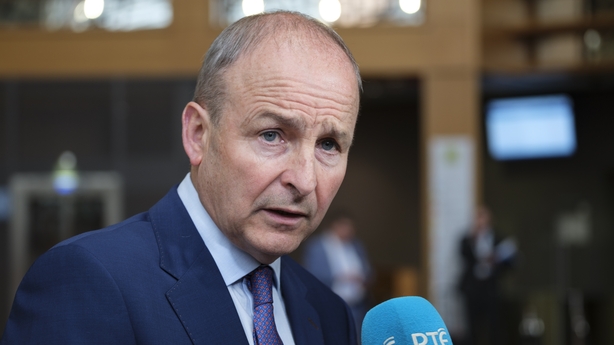
Complex process
Russia’s war in Ukraine has reinvigorated a push in the EU to take on new members, after years in which countries particularly in the western Balkans made little progress on their hopes to join.
The EU in December 2023 also granted candidate status to another of Russia’s former Soviet neighbours, Georgia.
It likewise approved accession negotiations with Bosnia and has talks ongoing with Serbia, Montenegro, Albania and North Macedonia.
The meetings with Ukraine and Moldova will set off a process of screening of how far laws in the countries already comply with EU standards and how much more work lies ahead.
Once that is done the EU then has to begin laying out conditions for negotiations on 35 subjects – from taxation to environmental policy.
It appears unlikely that there will be progress onto the next step in the coming six months, when Hungary – the friendliest country to Russia in the bloc – holds the EU’s rotating presidency.
The start of the talks resonates powerfully in Ukraine as it was a desire for closer ties with the EU that sparked protests back in 2014 that eventually spiralled into the full-blown crisis with Russia.
The talks also come at a tense time in Moldova after the United States, Britain and Canada warned of a Russian “plot” to influence the country’s presidential elections in October.
Wedged between war-torn Ukraine and EU member Romania, Moldova’s pro-western authorities frequently accuse Russia of interfering in its internal affairs.
President Maia Sandu has accused Moscow – which has troops stationed in a breakaway region of the country – of aiming to destabilise Moldova ahead of the vote.

